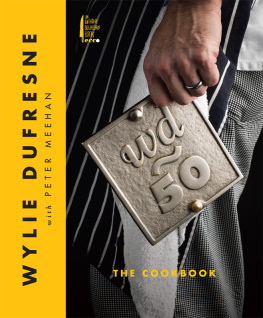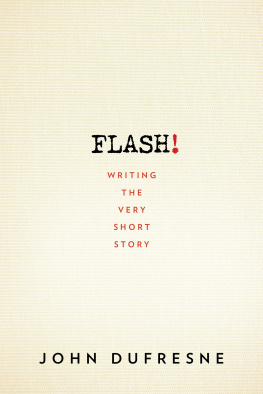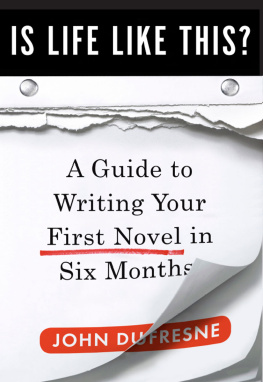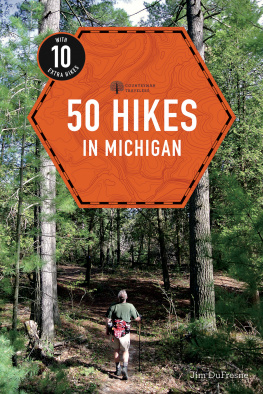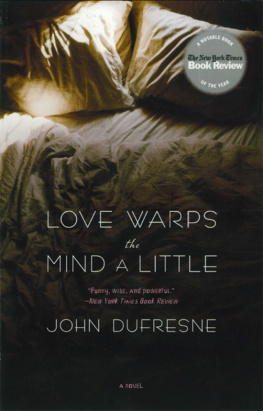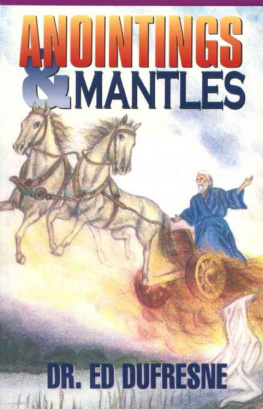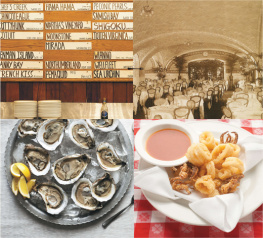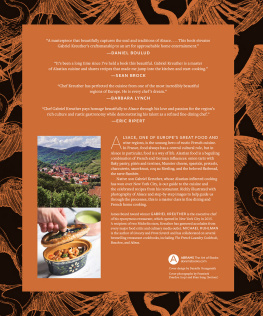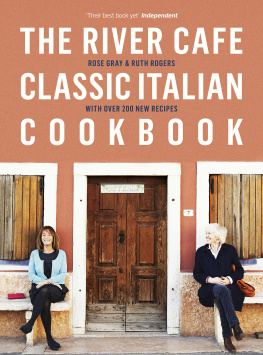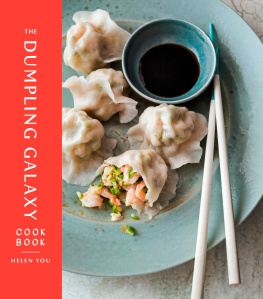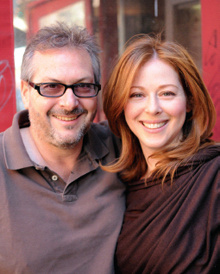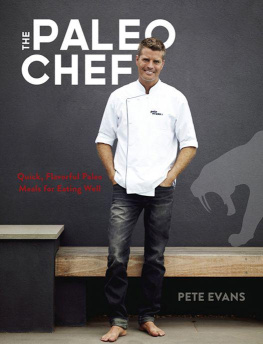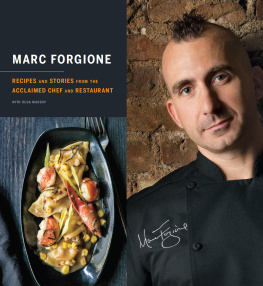CONTENTS
Guide
Australia
HarperCollins Publishers Australia Pty. Ltd.
Level 13, 201 Elizabeth Street
Sydney, NSW 2000, Australia
www.harpercollins.com.au
Canada
HarperCollins Canada
2 Bloor Street East - 20th Floor
Toronto, ON M4W 1A8, Canada
www.harpercollins.ca
New Zealand
HarperCollins Publishers New Zealand
Unit D1, 63 Apollo Drive
Rosedale 0632
Auckland, New Zealand
www.harpercollins.co.nz
United Kingdom
HarperCollins Publishers Ltd.
1 London Bridge Street
London SE1 9GF, UK
www.harpercollins.co.uk
United States
HarperCollins Publishers Inc.
195 Broadway
New York, NY 10007
www.harpercollins.com
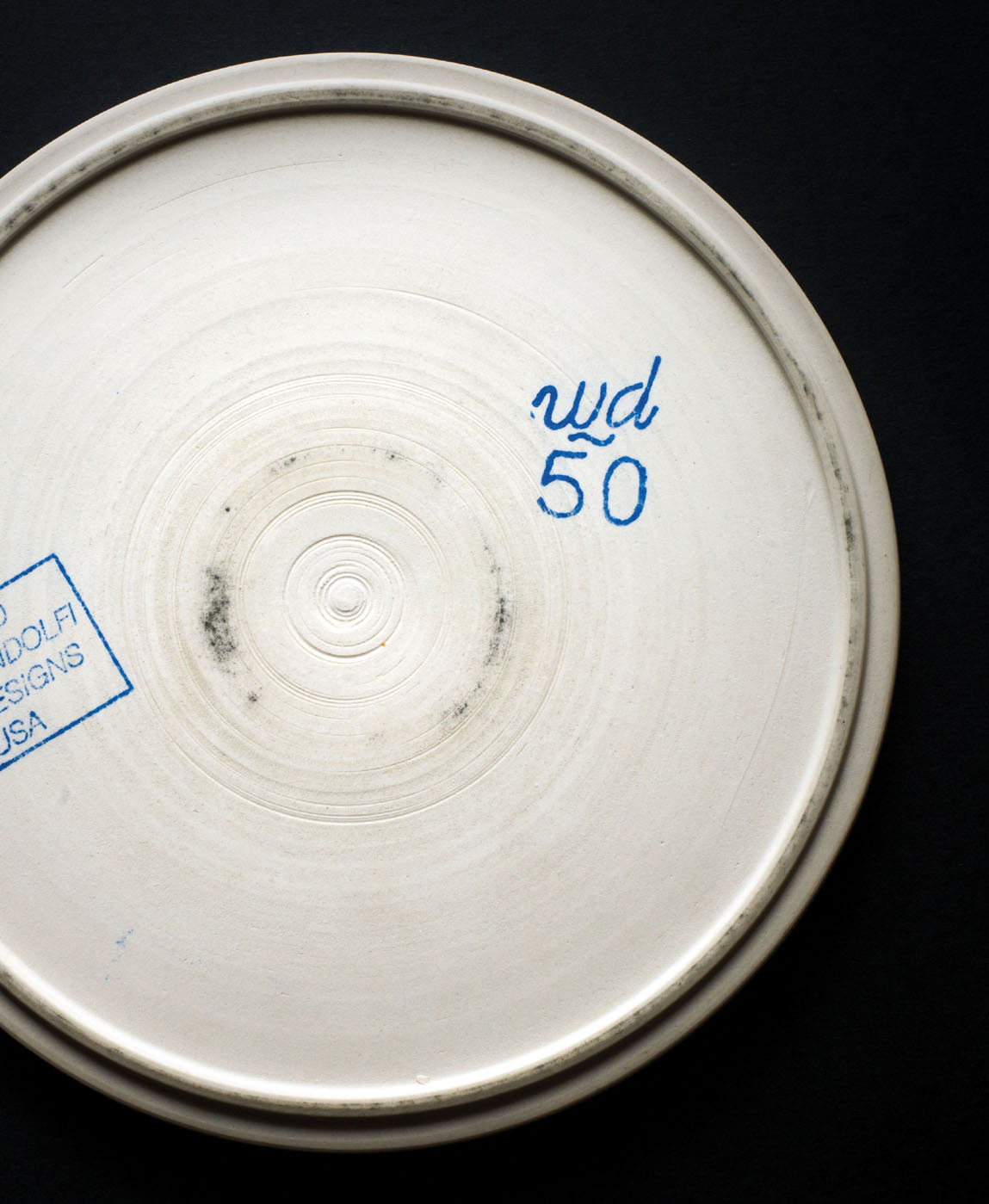
TO MAILE,
SAWYER
& ELLERY
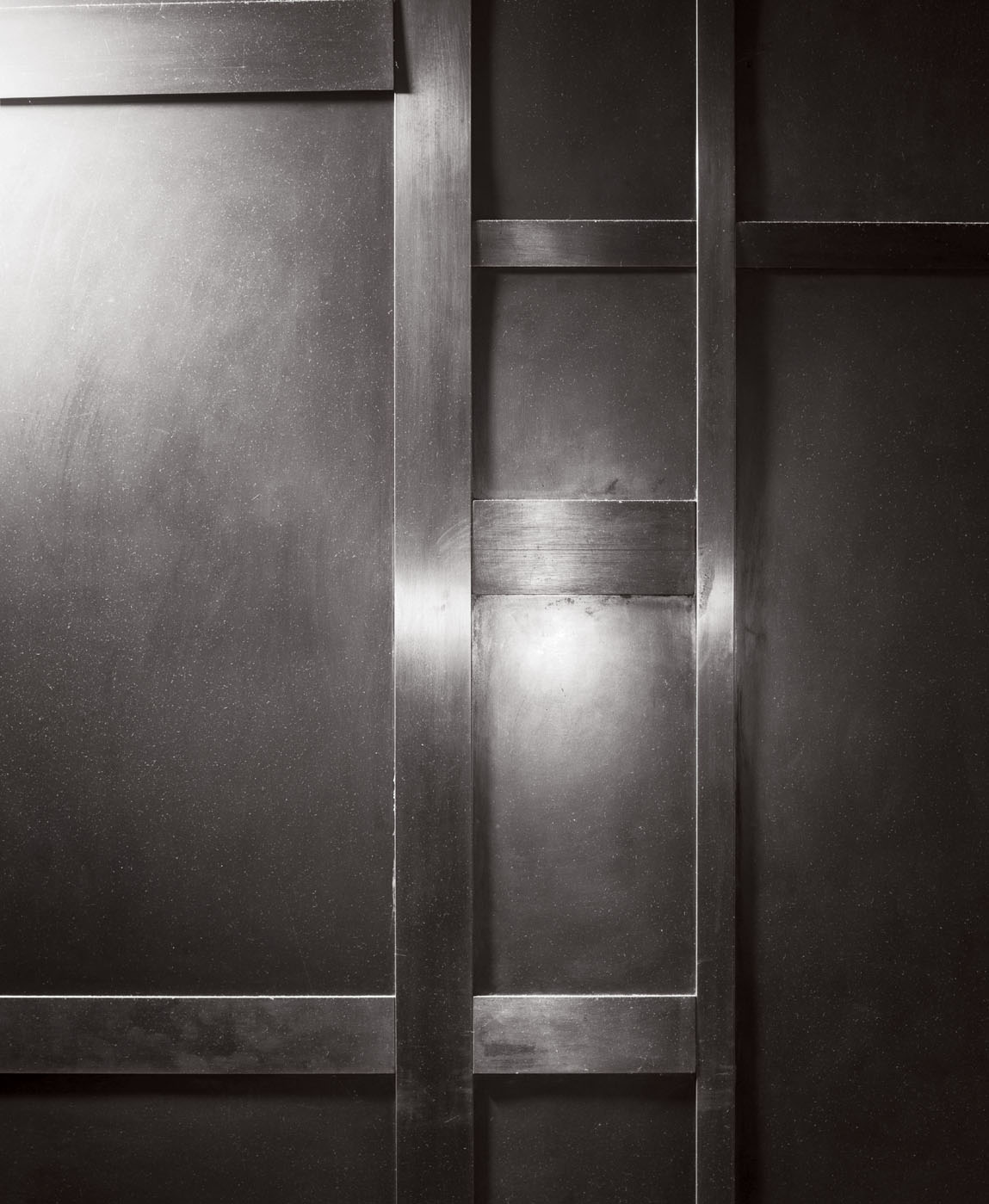
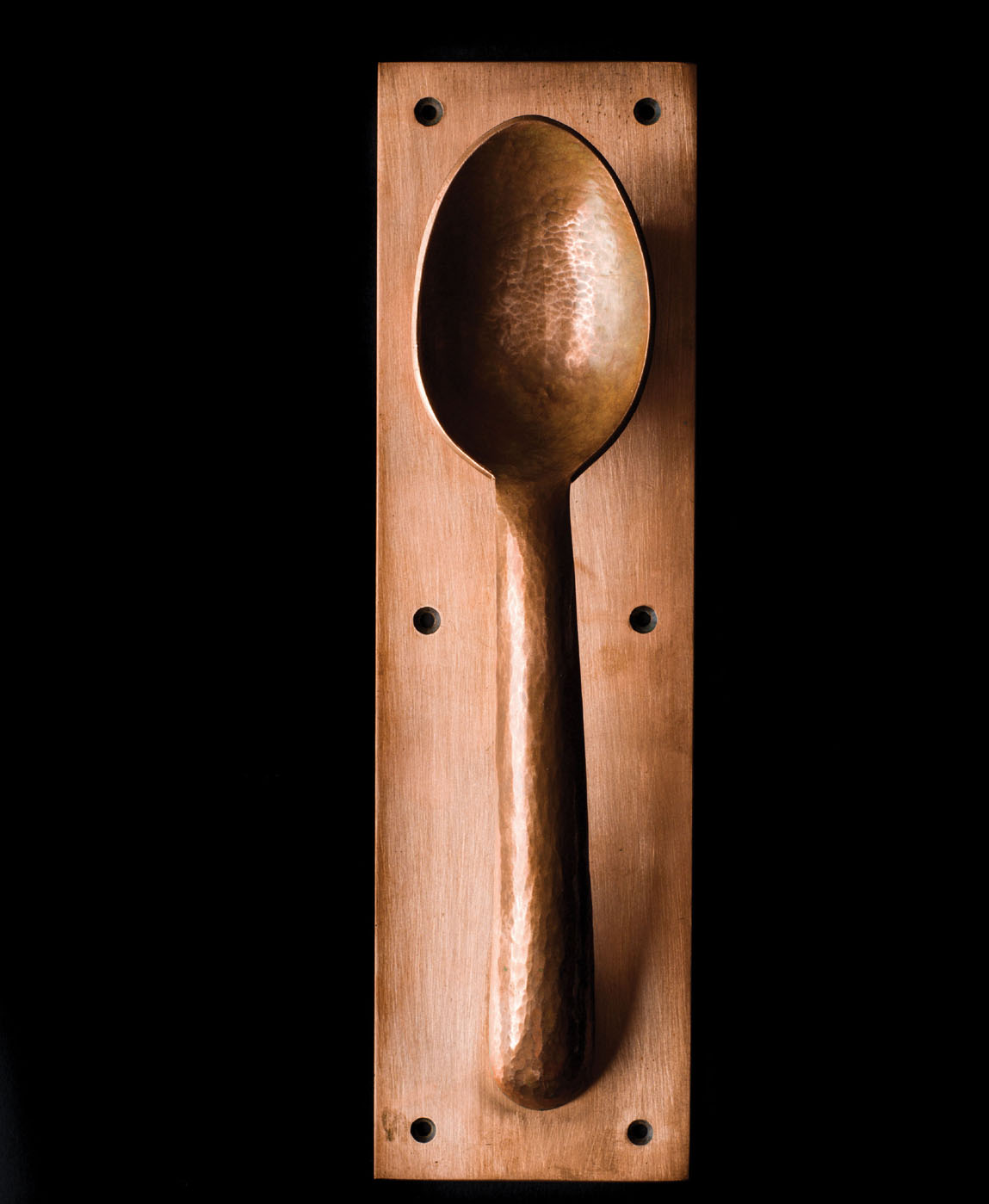
WYLIE DUFRESNE was the chef at the celebrated 71 Clinton Fresh Food, and then at the groundbreaking restaurant wd~50, where he earned countless accolades including a Michelin star and a James Beard Award for Best Chef: New York. He was recently inducted into the James Beard Foundations list of Whos Who of Food and Beverage in America. Dufresne has appeared on multiple Bravo and Food Network series and has been parodied on both Saturday Night Live and The Simpsons.
PETER MEEHAN cofounded and edited Lucky Peach, an award-winning food magazine that lived until it was six. He has cowritten books with chefs, and has written about eating things in books, magazines, and newspapers, including the New York Times.
Discover great authors, exclusive offers, and more at hc.com.
Cover design by Sara Wood / Cover photograph Eric Medsker

WD~50. Copyright 2017 by Wylie Dufresne. All rights reserved under International and Pan-American Copyright Conventions. By payment of the required fees, you have been granted the nonexclusive, nontransferable right to access and read the text of this e-book on-screen. No part of this text may be reproduced, transmitted, downloaded, decompiled, reverse-engineered, or stored in or introduced into any information storage and retrieval system, in any form or by any means, whether electronic or mechanical, now known or hereafter invented, without the express written permission of HarperCollins e-books.
FIRST EDITION
Photography by Eric Medsker
ISBN 978-0-06-231853-4
EPub Edition October 2017 ISBN 978-0-06-231854-1
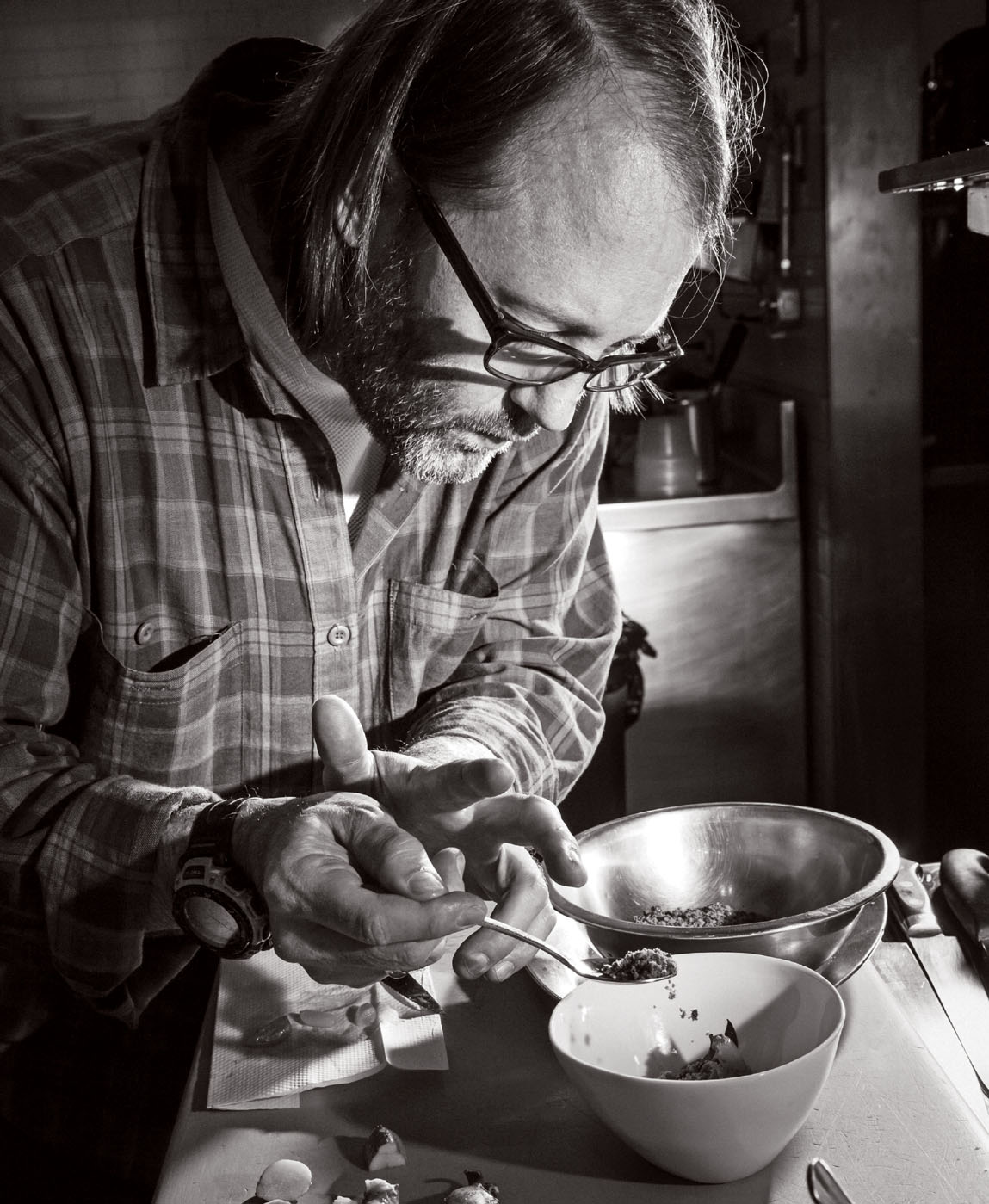
This is my first cookbook, and I know what a lot of people are thinking: Its late. wd~50 opened in the spring of 2003 and closed eleven years later, on November 30, 2014. In theory, I could have written several books by now: one about my years at 71 Clinton Fresh Food, another about the early days at wd~50, maybe a cocktail book on the side. The truth is, I wasnt ready. For years I just didnt think I had enough to contribute to the dialogue. I have been amassing and devouring cookbooks since my early twentiesas a young cook I spent every spare penny on thembut I was always daunted by the idea of putting my own book on the shelf with the greats: Michel Brass Essential Cuisine, Thomas Kellers The French Laundry Cookbook, Jean-Louis Palladins Cooking with the Seasons. At last count, I had more than 1,200 cookbooks in my apartment and another thousand or so in storage, and my hope is that my own book will do for young, up-and-coming chefs what so many other cookbooks have done for me.
Sharing information and mentoring others is what wd~50 was all about. I wanted it to be a good restaurant, of course, but more than that, I wanted it to be a place where we were learning constantly. Early in my career I realized that chefs all over the city were cooking things in a certain way just because they were taught to do it that way. They knew how to sear a steak or make a sauce or poach an egg, but they didnt know why (or if) the method was the right one. Why does cream have to be whipped cold but milk only foams when its hot? Why do you have to poach an egg in boiling water? Our approach at wd~50 was to ask those questions and a thousand others so we could understand exactly what was happening to our food at every step of the process.
Not long after wd~50 opened, our science-driven approach to cooking became a somewhat heated topic in the food world. A meal at wd~50 was different from anything anyone had experienced at a fine dining restaurant in New York, and not just because the tablecloths were missing. We were manipulating ingredients and pushing people to experience food in a whole new way. While some diners found that to be thrilling and exciting, others balked and said we were taking the soul out of cooking and behaving like mad scientists in the kitchen.
I can tell you this: We werent making our food different for the sake of being different. We werent saying, Look what we can do! We were saying, Look what cooking can be. We were genuinely excited, and our goal was to bring that excitement to the plate. I used to tell the cooks, I dont care if people say they dont like the flavors we put together, but I dont want anyone to ever say the food isnt well made. Everything we did, we did at the highest level, to the best of our abilities. And when people asked me what kind of food we served, I didnt call it molecular gastronomy or modern cuisine or innovative cooking. I just said, Its hot food that tastes good.
THE MENTORS
Alfred Portale, the chef at New York Citys Gotham Bar and Grill, sat me down in 1993 and told me, in the nicest possible way, that I might not be cut out for kitchen work. Gotham was one of the citys most influential restaurants at the time, and I had no business working there. I was twenty-three, still in cooking school at the French Culinary Institute, and I was in way over my head. The only reason I got the job in the first place was that my cousin was Alfreds neighbor. Alfred was the high priest of architectural plating: His dishes were towering, gravity-defying showstoppers. One of the most popular ones was a seafood salad, and I just couldnt do it. You were supposed to put a pile of the seafood salad down the middle of the plate, affix a fan of avocado slices to the side as if they were scaling the seafood, then burrow a hole in the middle of the seafood and mount a spiraling plume of seven kinds of lettuce so theyd shoot up like a geyser.
I have fairly decent hand-eye coordinationand a deep appreciation for art and sculpture from my graphic-designer motherbut this salad just killed me. Id manage to get the greens to spindle up and then theyd unbundle and the whole thing would fall apart. Guys who had been working for Alfred forever would come over, remake the thing in thirty seconds, and show me how to do it again and again. Alfred, who is a great friend and mentor to this day, saw me struggling for more than a year and finally suggested that I think long and hard about whether cooking was the right career path. I had to take a break for knee surgery at the time, and during the few months I was out of commission, I followed Alfreds advice. I thought long and hard, and I decided to double down and try for a job at one of the most intense restaurants in the city: Jean-Georges Vongerichtens JoJo.

